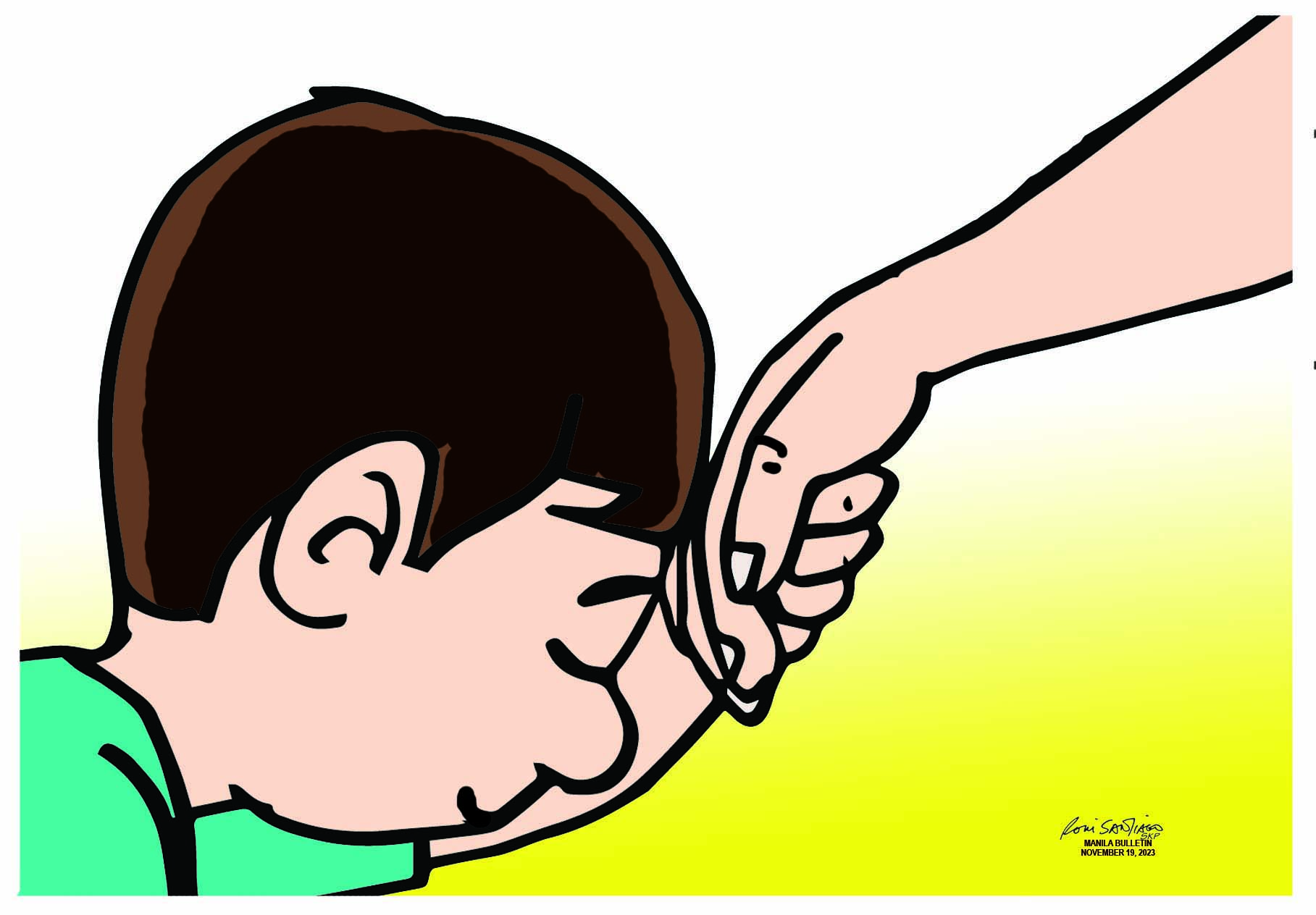
Love for the family and community (pagmamahal sa pamilya at pamayanan); faith (pananampalataya); attaining education (pagkamit ng edukasyon); health and wellness (kalusugan at kagalingan); resilience (katatagan); honesty and integrity (katapatan at karangalan); shared responsibility for the common good (pakikipagkapwa).
These are seven of the 20 Filipino values in the Values Formation Program materials of the National Commission for Culture and the Arts (NCCA). The program aims to contribute to the “enhancement of the Philippine social fabric to build a resilient society through the inculcation of values that foster the common good.” The values were identified on the basis of research conducted by the NCCA and the National Economic and Development Authority.
Every year since 1994, the NCCA celebrates Filipino Values Month in November which was declared by Presidential Proclamation 479 signed by then president Fidel V. Ramos on Oct. 7, 1994, in line with his administration’s Moral Recovery Program.
Early this month, the NCCA rolled out the Balay Pinoy, a school caravan advancing the 20 Filipino values, in Lake Sebu in South Cotabato. “Gono Pinoy” (gono is the Tboli term for balay or house) was highlighted by presentations, storytelling sessions, and games designed to promote the unique Filipino values.
“NCCA has always been at the forefront of pursuing and initiating this kind of program — the values formation program — because we aim to strengthen the fabric of our society because values are the core foundation not only of our lives as Filipino people but, at the same time, the core foundation and one of the basic rights of every Filipino,” Commissioner Carlo Ebeo of the NCCA Subcommission on Cultural Dissemination, said.
The observance of Filipino Values Month is also supported by the Department of Education which has issued a memorandum recommending the “integration of Filipino values in the teaching-learning activities.”
The theme for DepEd’s celebration is “Kapayapaan at Digital na Pagkamamamayan: Pundasyon ng Makabagong Bayanihan.” It focuses on peace and responsible digital citizenship as the foundation of modern-day unity and cooperation in the community. The activities include the Act of Kindness Award, and Filipino values workshops.
Formally celebrating Filipino values should not stay only in the classrooms. Organizations in the private sector could initiate activities to highlight Filipino values to strengthen our culture and remind us of our unique Filipino character. For example, a natural disaster is not the only time to demonstrate the spirit of bayanihan (community effort to help those in need).
Let us remember the reason then president Ramos wrote for this declaration: “The celebration of Filipino Values Month on a regular basis is a desirable and effective measure to create moral awakening and national consciousness on human values that are unique, genuine, and positively Filipino.”
The other Filipino values listed in the NCCA program are: Lifelong learning and adaptability (panghabang buhay na pagkatuto at kakayahang umangkop); addressing basic needs (pagtugon sa mga pangunahing pangangailangan); ensuring work and livelihood (pagtiyak sa trabaho at kabuhayan); self-development/self-improvement (paghubog ng pagkatao/sarili); life, purpose, and happiness (buhay, tunguhin, at kaligayahan); peace and development (kapayapaan at kaunlaran); respecting and upholding human rights (paggalang at pagtaguyod sa karapatang pantao); care for the environment/ecological integrity (pangangalaga sa kapaligiran/pagpapanatili ng integridad ng ekolohiya); love for country (pagmamahal sa bayan); good governance (mabuting pamamahala); upholding the rule of law (pagtaguyod sa mga panuntunan ng batas); valuing culture, arts, and sciences (pagpapahalaga sa kultura, sining, at agham); and creative excellence and innovation (kahusayan sa paglikha at inobasyon).